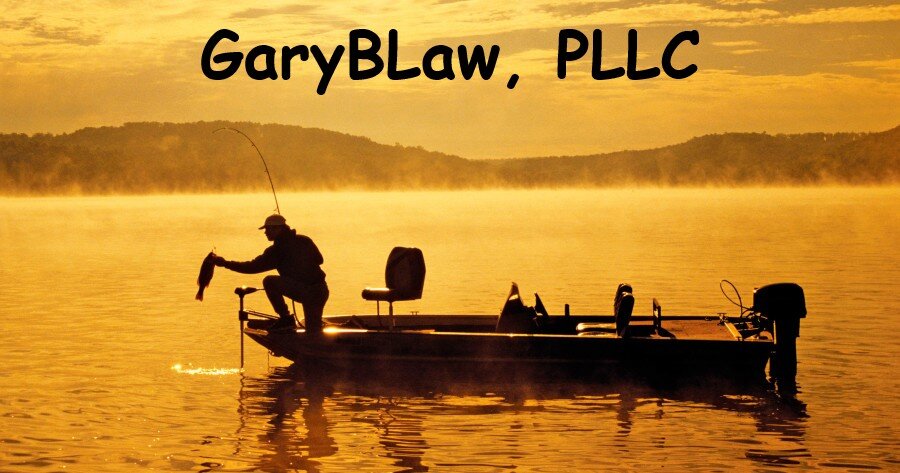The Public Trust Doctrine, Riparian Rights and Private Property: Michigan Courts Look Away
Michigan courts have held that all navigable (now defined simply as “boatable”) natural watercourses in Michigan are subject to something called the ‘public trust doctrine’. The public trust doctrine holds that the public can use those waters for recreational purposes if the public can legally obtain access to the water.
Beyond this, whether or not the public can legally access a lake, property owners with property abutting a lake are considered to have riparian (littoral) rights to use (among other rights) the waters of the lake for recreational purposes. They are also said to have title to the bed of the lake from the edge of their property to the center “thread” of the lake.
That said, whether a person’s right to use the waters of a lake arises from public access / the public trust doctrine, or from being an adjacent riparian land owner, there is a very strong argument to be made, under federal law, indeed under the US Constitution, that some lakes (primarily but not exclusively in southeast Michigan) should NOT be considered to be subject to the public trust doctrine or subject to general use by adjacent property owners based on their purported riparian rights.
This is because those lakes were never “meandered”. That is to say, when they were originally surveyed by US government surveyors, under the Public Land Survey System, these water covered lands were simply sold as land (albeit at a discount), the same way any parcel of land was or is sold “on dry land”. This lack of a meander means the water is not, and never was, ‘bound’ to the land, and the ordinary high water mark does not act as a boundary. Importantly when title to these lands were acquired (the fact they may have been water covered is entirely incidental), they were acquired by land owners in fee simple, with all the rights fee simple title entails, including the right to exclude trespassers.
The problem is clear. If you own land that just happens to be water covered but was never meandered, you either have a fee simple title right to exclude (passed down to you over time from an original federal land patent). or you don’t. And if you don’t, just exactly what ‘due process’ mechanism was followed when this was taken from you?
Michigan courts have reflexively and defensively refused to address this central tension, simply waving off any concerns (when they bother to take the argument seriously) by asserting that the public use doctrine or riparian rights are perfectly reasonable “conditions” placed on a person’s fee simple ownership, rather than a constitutional violation and infringement of private property rights.
It seems to me this has got to be addressed some day, because if Michigan courts continue to look away, a whole host of legal problems related to these issues will get worse and worse.
I will write more about some of those legal problems in future posts.

